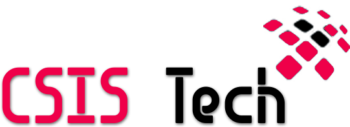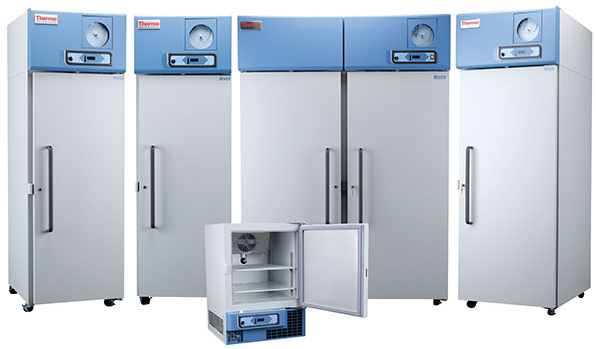How Restaurant Operating Systems Can Help You Adhere to Industry Regulations

The restaurant industry is highly regulated, with numerous health, safety, and compliance standards that must be met to ensure the well-being of customers and employees. Restaurant OS plays a pivotal role in helping establishments adhere to these industry regulations efficiently and effectively. Here’s how:
-
Food Safety Compliance:
ROS systems often include features like digital checklists and temperature monitoring. These tools help staff comply with food safety regulations by ensuring that food is stored, prepared, and served at the correct temperatures. Automatic alerts can notify employees of any discrepancies, allowing for immediate corrective action.
-
Employee Training and Certification:
Many ROS systems offer training modules and documentation storage. This facilitates employee training and certification management, ensuring that staff members have the necessary training to meet industry standards. ROS can also automate reminders for required certifications and renewals.
-
Labor Laws and Payroll Compliance:
Restaurant labor laws can be complex and vary by location. ROS systems can help automate compliance with labor laws by tracking employee hours, breaks, and overtime. They also facilitate accurate payroll processing, ensuring employees are paid correctly and in compliance with labor regulations.
-
Inventory and Supply Chain Management:
ROS systems with inventory management capabilities can help restaurants track ingredient and supply levels in real-time. This not only prevents wastage but also ensures that items are used before their expiration dates, meeting regulatory requirements.
-
Digital Record Keeping:
Regulations often require the retention of records, such as employee schedules, food safety logs, and financial transactions. ROS systems allow for digital record keeping, making it easy to maintain and retrieve necessary documentation during inspections or audits.
-
Accessibility of Regulations:
Many ROS systems integrate up-to-date industry regulations and compliance guidelines directly into their software. This makes it easier for restaurant staff to access and reference the specific regulations they need to follow.
-
Reporting and Documentation:
ROS systems generate detailed reports and documentation that can be invaluable during regulatory inspections or audits. From food safety records to employee certifications, having this information readily available helps restaurants demonstrate compliance.
-
Allergen and Nutrition Information:
In many regions, providing allergen and nutrition information to customers is a legal requirement. ROS systems can automate the display of this information on menus or make it easily accessible to customers upon request.
In conclusion, Restaurant Operating Systems are not just tools for processing orders and managing tables; they are comprehensive solutions that assist restaurants in adhering to industry regulations. By automating processes, ensuring accurate record keeping, and providing real-time insights, ROS systems empower restaurants to maintain compliance and prioritize the safety and satisfaction of their customers and staff.










